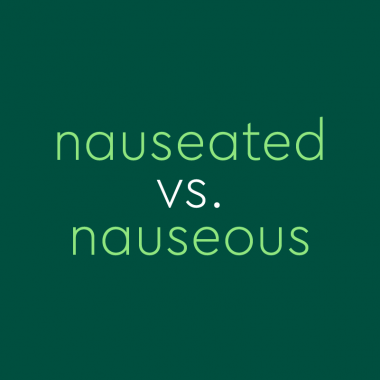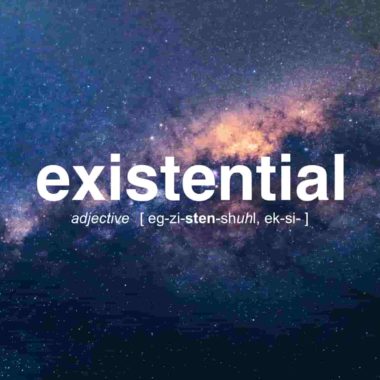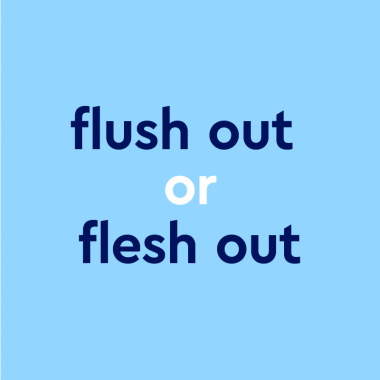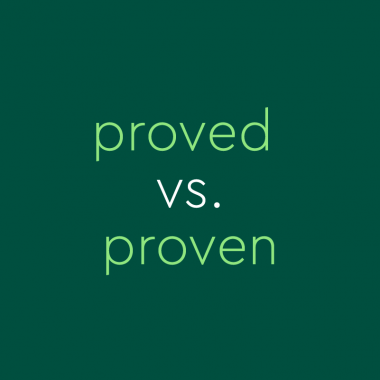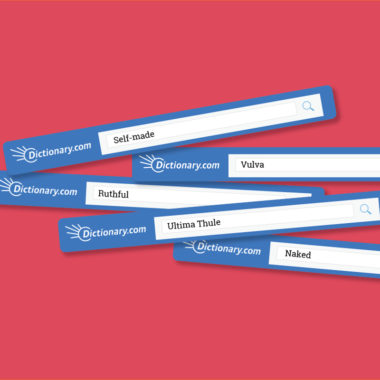“Nauseated” vs. “Nauseous”: Which One To Use When You’re Feeling Sick
Nauseous and nauseated originally had different definitions. In current common usage, though, the words have evolved to become practically interchangeable. Let’s explore the differences between the two a bit closer. What does nauseous mean? The word nauseous describes “something that causes a feeling of nausea or disgust.” Here’s an example: “The nauseous odor made the boy feel sick.” In this sentence, the word nauseous …
